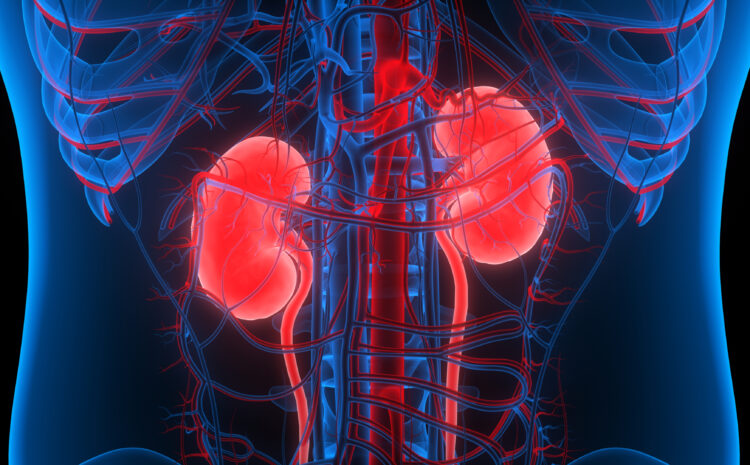
The Pathophysiological Role of Thymosin β4 in the Kidney Glomerulus
The article published in International Journal of Molecular Sciences explores the potential of Thymosin β4 (Tβ4) in preserving glomerular function and preventing the progression of chronic kidney disease. Glomerular disease, which affects the filtration unit of the kidney, is a leading cause of chronic kidney disease and can result in significant morbidity and mortality. The review focuses on the role of Tβ4 in glomerular disease progression, particularly its effects on podocytes and macrophages, two key cell types involved in glomerular injury and inflammation. By understanding the mechanisms underlying Tβ4’s protective effects, this research aims to contribute to the development of novel therapeutic approaches for glomerular disease and its associated complications.
Tβ4, also known as Thymosin β4, is a small protein that plays a crucial role in various physiological processes, including tissue repair, angiogenesis, and inflammation modulation. In recent years, there has been growing interest in understanding the role of Tβ4 in kidney health and disease.
Studies have shown that Tβ4 is expressed in podocyte cells, which are specialized cells in the kidney glomerulus that play a vital role in maintaining the filtration barrier. This suggests that Tβ4 may have a role in preserving podocyte structure and function. Animal models and in vitro experiments have provided valuable insights into the potential protective effects of Tβ4 in glomerular diseases.
One study utilized a mouse model of Adriamycin nephropathy, a condition that primarily affects podocytes, to investigate the impact of exogenous Tβ4 on podocyte injury. The researchers used gene therapy to achieve sustained systemic upregulation of Tβ4 in the mice. They found that Tβ4 gene therapy resulted in the transduction of liver cells and subsequent secretion of Tβ4, leading to increased its plasma levels. Importantly, this treatment prevented albuminuria, a hallmark of glomerular disease, and protected against the loss of podocyte cells. These findings suggest that exogenous Tβ4 can protect the glomerular filtration barrier and prevent podocyte injury.
In addition to its role in preserving podocyte structure, Tβ4 has been implicated in maintaining the organization of the podocyte cytoskeleton. The F-actin cytoskeleton is crucial for podocyte anchorage to the glomerular basement membrane, and disruption of F-actin organization can contribute to podocyte injury. Studies have shown that treatment with synthetic Tβ4 peptide prevented the disorganization of F-actin in podocytes exposed to Adriamycin, suggesting that Tβ4 may protect the podocyte cytoskeleton from injury.
Furthermore, Tβ4 has been found to interact with various proteins and signaling pathways that are involved in cytoskeletal dynamics and cellular migration. For example, Tβ4 can sequester G-actin and promote the release of myocardin-related transcription factor A (MRTFA), which regulates genes linked to cytoskeletal dynamics. This suggests that the effects of Tβ4 on the podocyte cytoskeleton may be mediated through MRTFA-SRF signaling.
In conclusion, Tβ4 appears to play a significant role in maintaining podocyte structure and function in the kidney glomerulus. It has shown potential as a therapeutic target for glomerular diseases, including diabetic nephropathy. While the available literature provides evidence for the protective effects of Tβ4 in glomerular diseases, the molecular mechanisms underlying these effects have not been extensively investigated. Further research is needed to unravel the precise signaling pathways and molecular interactions involved in Tβ4-mediated protection of podocytes and to fully understand the mechanisms of action and therapeutic potential of Tβ4 in kidney health and disease.
Whole article can be found here: https://doi.org/10.3390/ijms24097684
